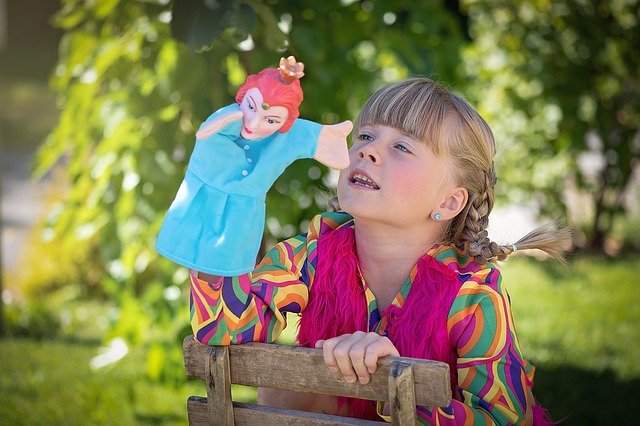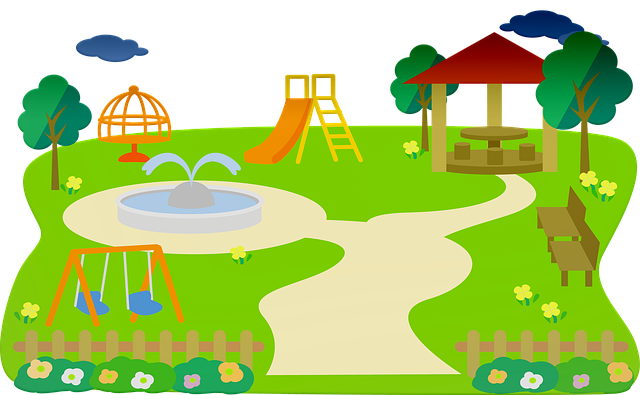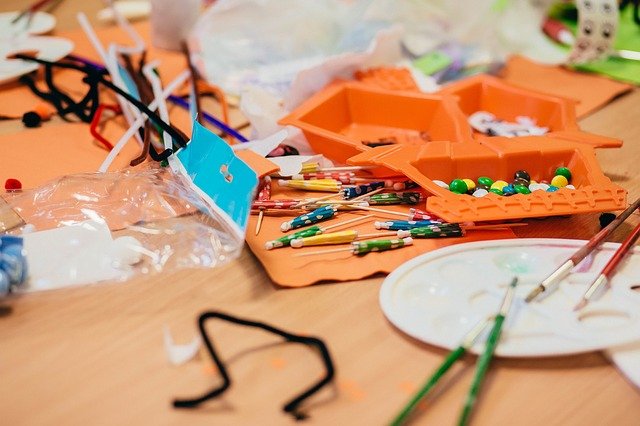
Autism as a Super Power
In an article from Fox News 13, Led Bradshaw, a father with a life-long interest in drawing, designed a comic book series “The New Adventures of Jake Jetpulse” to help his son Jake, diagnosed with Autism, learn more about the world. In the comic series, Jake (the main character) has the super power of Autism and encounters many different obstacles which have been recorded from Jake’s own imagination and experiences with peers. These comic book stories have paralleled social stories, an evidence based strategy for supporting children with Autism, which are commonly used to teach different social nuances (e.g. sharing, bullying, etc.) When Jake was diagnosed with Autism, Led’s research as a parent helped encourage his use of visual supports through











